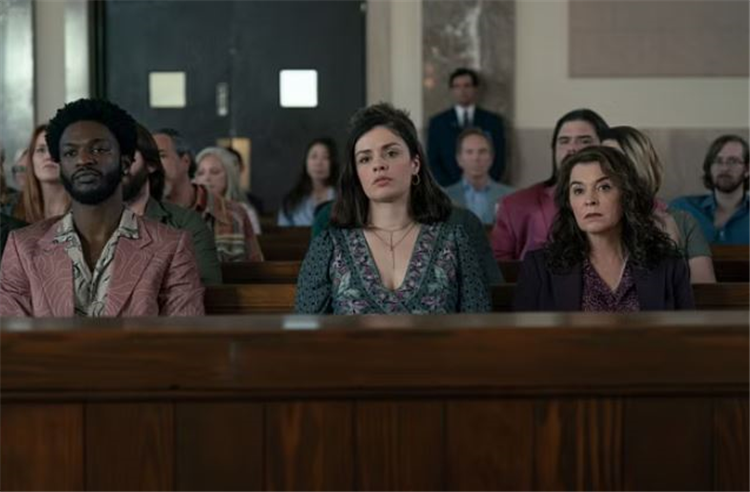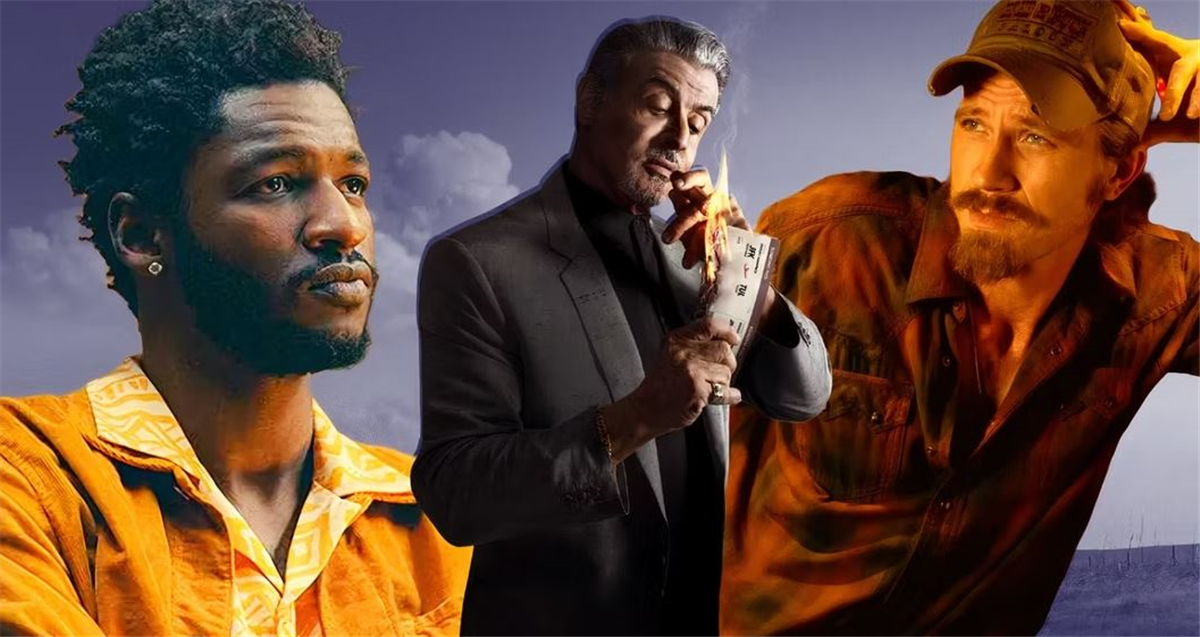Tulsa King is one of the newest hit TV shows on Paramount+, and it’s one of the many new drama series from the ever-expanding Taylor Sheridan universe. Sheridan’s formula for success revolves around a concept and the best star he can attach to it. Whether it’s Kevin Costner for Yellowstone or Jeremy Renner for Mayor of Kingstown, the interest in Sheridan’s shows usually hinges on a top-billing actor. The marketing plan for Tulsa King is no different, attaching Sylvester Stallone to a contemporary mafia series about a New York gangster who heads south.
Fans of Sheridan shows like Yellowstone, 1883 or Mayor of Kingstown have had somewhat mixed opinions on the lesser-appreciated Tulsa King. For whatever reason, some have not tuned in to see Sylvester Stallone in the show that was tailored for him. However, what audiences don’t understand is that Tulsa King is a solid show, but not just because it has an A-List star attached to it. For a series Taylor Sheridan is actually less hands-on with, he deserves more credit than people realize.
A Stacked Cast Doesn’t Always Equate to Success

Taylor Sheridan is no stranger to Westerns, as he has made a handful of films and even more television shows in the genre. In recent years, he’s continued to come up with original ideas, but he has also begun venturing into different genres. For instance, Yellowstone and its spin-offs are each identifiably Western in their own way, and each series brings new and entertaining stories to the genre. Mayor of Kingstown allows Sheridan to play in a crime drama for the first time since starring in one over a decade ago with Sons of Anarchy. Lioness is Sheridan’s action espionage thriller, and much like his previous projects, it was well-conceived and well written. Each of his shows also has a big-name star attached to the project, which can signal to audiences the kind of show it’s going to be. More often than not, this strategy has worked well for Taylor Sheridan and Paramount+, but in the case of Tulsa King, there has been much less buzz.

Despite Sheridan’s formula working quite well for him in the past, Tulsa King’s divisiveness proves that heavy-hitting stardom doesn’t always guarantee a project’s success. A lot of the show’s flaws can be attributed to a lack of believability in some of the writing decisions. Tulsa King sacrifices meaningful character and plot development for the sake of theatrics. For example, a series about an older man taking on a younger criminal game should have more realistic pushback from other characters. Instead, Dwight feels like an unstoppable force with very little formidable opposition. The ones who like him join him, regardless of violence or lawlessness, and the ones who don’t like him are incapable of beating him in any capacity. However, Tulsa King is a way better series than people realize in spite of these things, and it all comes back to the show’s original concept, which does even more for the show’s quality than the leading man, Sylvester Stallone.
Sylvester Stallone Isn’t What Makes Tulsa King Great
Taylor Sheridan’s run of genre films and shows has depended more on how well a star can carry a good idea in a familiar genre. Kevin Costner can carry a Western, Jeremy Renner can carry a crime thriller, and Sylvester Stallone can carry a gangster drama. However, Tulsa King is much more than just a gangster drama, as it merges the genre with another familiar and similar one: the Western. Not too often do audiences get a healthy mix of gangster drama and the Western, and much less often on television. This genre-mixing is part of why Tulsa King is so unique compared to other Sheridan shows. Taylor Sheridan created one of the more unique television shows when he came up with the concept for Tulsa King, and it’s for exactly this reason that Tulsa King succeeds.

Tulsa King explores what it would be like if an East-Coast presence tried to establish a new criminal empire in the Wild West, and this brilliant concept is full of limitless storytelling possibilities. With themes of lawlessness, familial struggles, desperation, greed and morality, the gangster drama and the Western are essentially two sides of the same coin. They each portray different versions of American criminality; one is an East-coast urban view and one is a south-west rural view. Merging these two worlds on screen is a great concept for television. Sheridan’s idea for a mobster fish-out-of-water story is a unique concept for television. While criticisms surrounding the plot and character development are valid, Tulsa King is still the Western gangster epic fans have been waiting for.
Tulsa King’s Flaws Don’t Ruin the Show
Ultimately, Tulsa King’s fate seems to hang in the balance of whether the series can evolve into the full capacities of what makes gangster dramas and Westerns so great. Furthermore, the series will need to grow beyond its own conceptual allure. Audiences want to see Dwight Manfredi succeed; they want to see him beat the opposition and build an empire. However, they also want to see him fall down, get stuck and even fail because of the myriad of inevitable circumstances surrounding his situation: he’s a much older man, he’s an outsider, and he’s a father. Locals likely wouldn’t be so quick to accept him. Tulsa King shouldn’t pretend he’s not these things, and there should be a need to change into something better than a criminal.
If Tulsa King manages to ground itself in more realism, heightening its themes, plot and character arcs, then it truly has a chance to be one of the best-received shows on television. The concept is there and will be there for as long as there is a season order from Paramount+. With Tulsa King’s concept providing audiences something fresh, it has a chance to survive any setback as long as the writers prioritize the plot and characters. No matter its flaws, Tulsa King is a high-flying, rip-roaring adventure of mafia activity in the Wild West. Fans might not be wrong about Tulsa King’s flaws, but it’s not enough to ruin the show. For any audiences who haven’t yet seen it, it’s an absolute must-watch.
